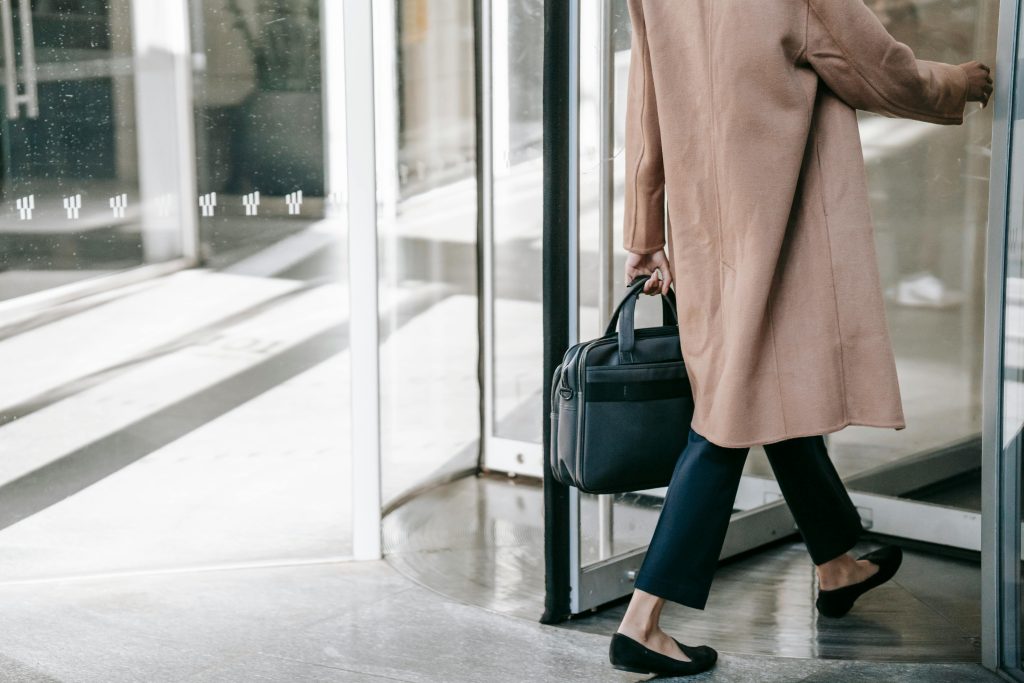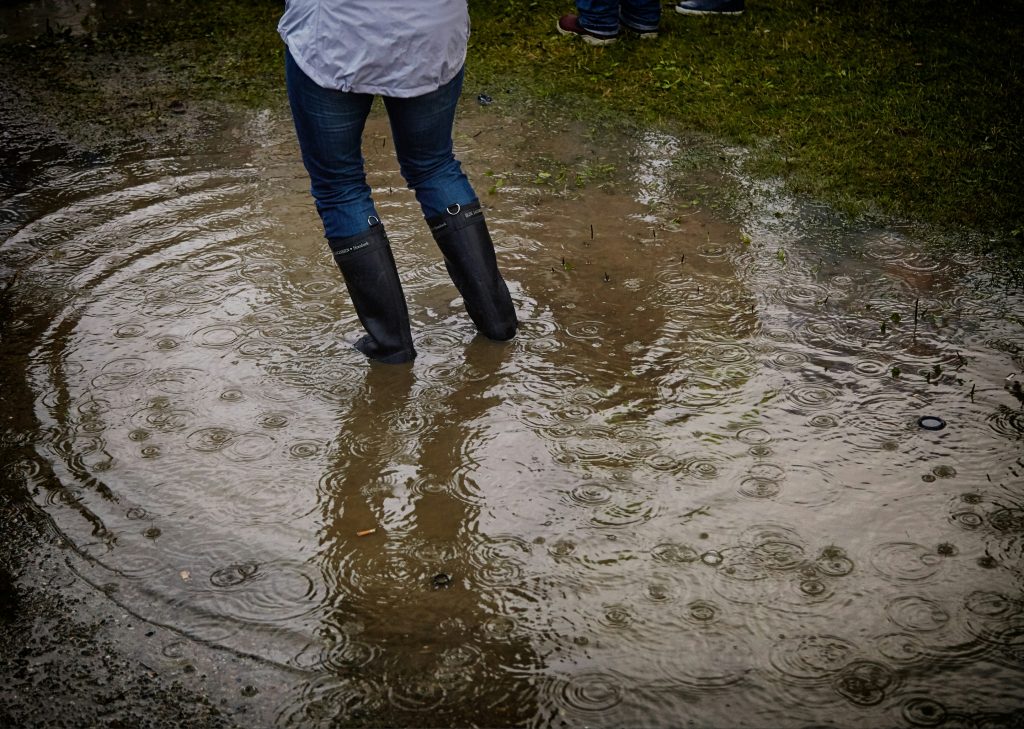 In a recent decision by the Louisiana Court of Appeal, Third Circuit, Golden Nugget Lake Charles, LLC, emerged victorious in a slip and fall case brought forth by Carolyn A. Watts. The case revolved around Ms. Watts’ alleged injuries sustained from a fall on the casino’s premises.
In a recent decision by the Louisiana Court of Appeal, Third Circuit, Golden Nugget Lake Charles, LLC, emerged victorious in a slip and fall case brought forth by Carolyn A. Watts. The case revolved around Ms. Watts’ alleged injuries sustained from a fall on the casino’s premises.
Ms. Watts initially filed a petition claiming she slipped and fell on a wet floor within the Golden Nugget casino lobby. However, during her deposition, she clarified that the incident occurred on the boardwalk outside the casino while it was raining. Ms. Watts attributed her fall to the wet conditions and alleged injuries to her right shoulder, neck, and back.
Golden Nugget filed a motion for summary judgment, arguing that the accident took place outside the casino, on the boardwalk, during rainy conditions. They contended that Ms. Watts could not establish that the walkway posed a hazard or that Golden Nugget’s negligence contributed to the incident. They supported their motion with evidence, including Ms. Watts’ deposition transcript, surveillance video of the incident, and an affidavit from their Risk Manager confirming the rainy weather and lack of prior complaints about the boardwalk.
 This case examines the requirements for proving merchant liability in slip and fall cases, emphasizing the importance of evidence and the burden of proof.
This case examines the requirements for proving merchant liability in slip and fall cases, emphasizing the importance of evidence and the burden of proof. Louisiana Personal Injury Lawyer Blog
Louisiana Personal Injury Lawyer Blog


 The
The  A slip and fall accident in a nursing home can lead to devastating injuries, especially for elderly residents or those with underlying health conditions. But what happens when a lawsuit filed due to such an accident is dismissed because it was filed too late? That’s precisely what happened in the case of Penny Micken, whose legal battle against Heritage Manor of Napoleonville nursing home highlights the critical importance of adhering to legal deadlines.
A slip and fall accident in a nursing home can lead to devastating injuries, especially for elderly residents or those with underlying health conditions. But what happens when a lawsuit filed due to such an accident is dismissed because it was filed too late? That’s precisely what happened in the case of Penny Micken, whose legal battle against Heritage Manor of Napoleonville nursing home highlights the critical importance of adhering to legal deadlines. In a recent decision by the
In a recent decision by the In a recent decision by the
In a recent decision by the  In a recent decision, the
In a recent decision, the  In a recent decision, the Louisiana Fifth Circuit Court of Appeal reversed a summary judgment granted to the
In a recent decision, the Louisiana Fifth Circuit Court of Appeal reversed a summary judgment granted to the  In a recent
In a recent  In personal injury law, the concept of “prescription” plays a crucial role. It’s essentially a deadline for filing a lawsuit; if you miss it, your claim could be barred forever. A recent
In personal injury law, the concept of “prescription” plays a crucial role. It’s essentially a deadline for filing a lawsuit; if you miss it, your claim could be barred forever. A recent  In today’s interconnected world, it’s not uncommon for employees to find themselves working across state lines. But what happens when an injury occurs in a different state than where the employment contract was formed? Whose laws apply? Can an injured worker sue their employer, or are they limited to workers’ compensation benefits? These questions were at the heart of the recent case
In today’s interconnected world, it’s not uncommon for employees to find themselves working across state lines. But what happens when an injury occurs in a different state than where the employment contract was formed? Whose laws apply? Can an injured worker sue their employer, or are they limited to workers’ compensation benefits? These questions were at the heart of the recent case